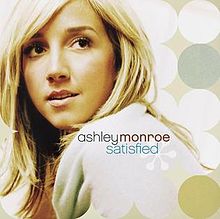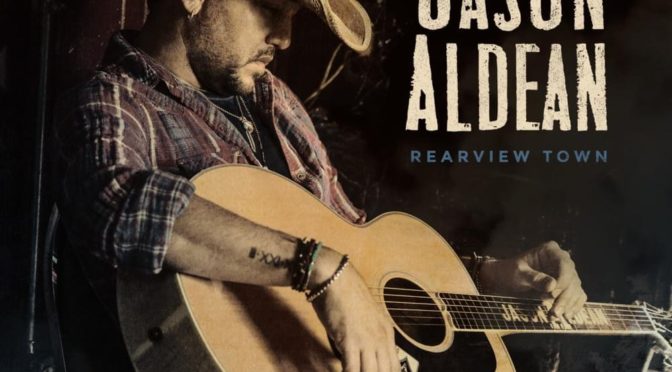In honor of Ashley Monroe’s fourth album release Friday, it seems fitting to discuss her long-lost debut, Satisfied. I could have chosen Like a Rose, which is one of my three favorite albums of all time, but this one has been overlooked and mishandled since its conception, so it’s this one I’ll highlight.
Style: traditional country
People Who Might Like This Album: fans of Like a Rose, fans of Lee Ann Womack, and just generally people starving for that traditional sound in modern country music
Standout Tracks: “Used,” “Hank’s Cadillac,” “Make Room at the Bottom,” “I Don’t Wanna Be,” “Let me Down Again”
Reflections: If you’ve read more than one of these, you’ll immediately say: “Why no release date?” Well, I’m looking at this album on Apple Music now, and I’m confronted with three different versions of Satisfied with three different release dates and yes, three different track listings. The original, limited release of this came out in 2006, and even that isn’t one of the three listed here, as that contained the single “I Don’t Want To” with Ronnie Dunn; if you got that version, you’re lucky because that song seems to not exist anywhere for purchase now. (And someone please correct me if I’m wrong about that because I’d really like a copy of “I Don’t Want To,” by the way.)
Ashley was dropped from her label in 2007, and the album was largely unreleased. It became available again in 2009 as a digital download. That version has a twelfth track in place of “I Don’t Want To” called “Promised Land,” and that version is probably the most well-known. There’s the original minus “I Don’t Want To,” as well as another version with a twelfth track known as “I Can’t Unlove You.” You see why I say this record has been mishandled–in fact, in 2013, when Monroe’s career had been revitalized after the success of Pistol Annies enough for her to be signed and release Like a Rose, some called that album her debut. It reflects both ignorance about the artist and perhaps embarrassment that such a talent was forsaken in this way. I’ve even seen Sparrow referred to in places as her third album, and I just think it’s a travesty to let this debut go unrecognized.
It was ignored and Ashley was dropped partly because it was so traditional, but more so because of the depth of emotion reflected in her songs. Monroe talks of taking “Used,” a song about literally being used like a worn-out, faded dress where “the fabric has been torn,” to radio stations where she moved DJ’s to tears, some even saying they wished they could play it, but it wouldn’t fit with the format. Thankfully, a different version of “Used” was recorded for Like a Rose, so that song has seen the wider reception it deserves. Monroe was only nineteen, but she’d lost her father six years prior to the recording of this debut, and much of it reflects that sorrow. It’s only someone who has lived through heartbreak who can make a song like “Make Room at the Bottom,” a pretty simple track lyrically, come to life because of the depth of emotion in each syllable. That same sorrow is displayed on “He Ain’t Coming Back” and in a different way on “Hank’s Cadillac,” as she expresses that she would have kept Hank Williams Sr. from dying if she’d been there that night. She’d have helped him to sober up and played his songs on the radio, and the world wouldn’t have lost him so early.
There are lighter moments here as well, like “Pain Pain” and the Dwight Yoakam duet “That’s why we Call Each Other Baby.” I don’t want to paint Monroe or this album into some sort of dark, depressing corner. But it’s her ability to express pain because she lived it that makes her special as an artist, that came out on these songs and ultimately hurt the performance of this album, and which still survives today on this forgotten record and deserves to be heard. I’m sorry Nashville treated this album so badly, but at least it’s in our hands now, and we can hear the debut from an artist many of us have come to love.



